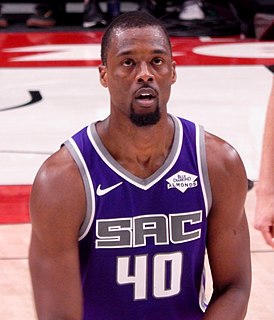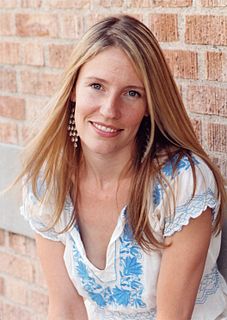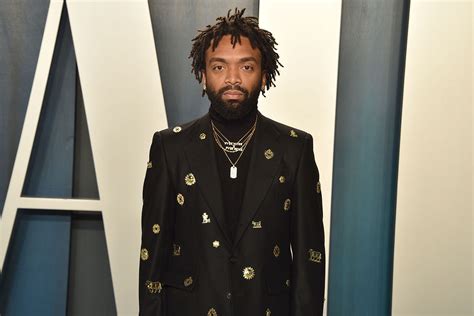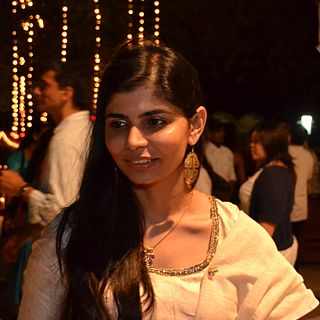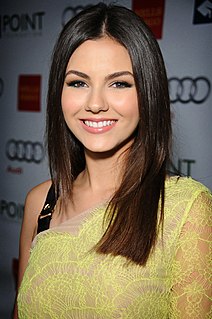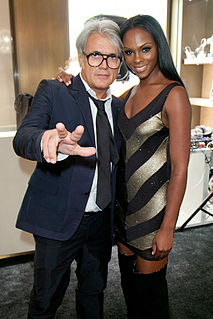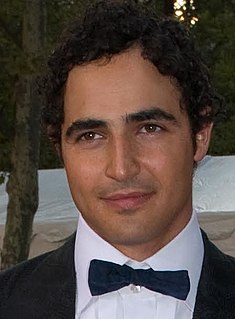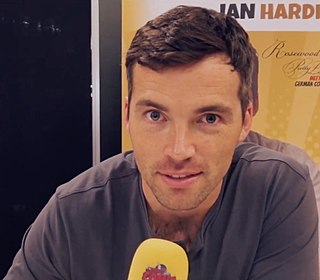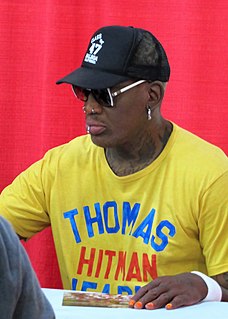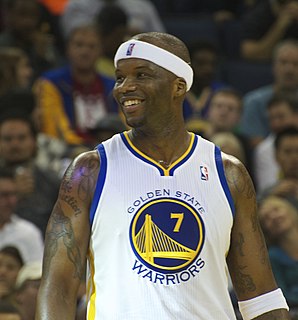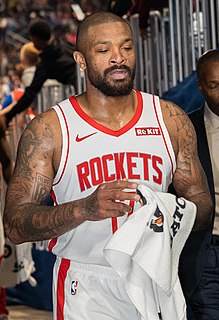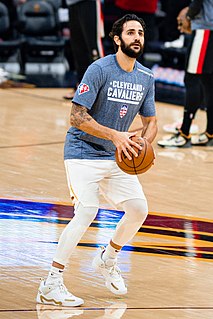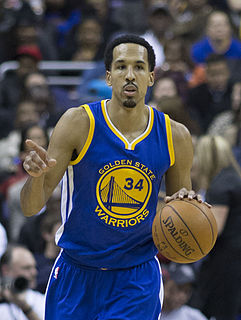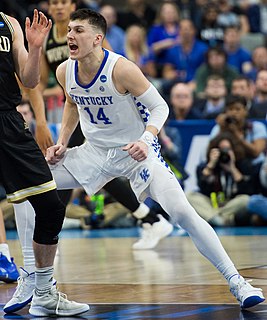A Quote by Harrison Barnes
As we know, one of the dark sides of social media is online harassment.
Quote Topics
Related Quotes
A big barrier to people getting help with online harassment is the general attitude either that it's not a real issue - that it's 'only' online - or that it's limited to someone saying they don't like you, and all of that stems from a basic misunderstanding of what we mean when we say 'online harassment.'
When I am abused online I take snapshots for evidence, I report it to the social media platform and I ban the abuser. If I am threatened with violence I report the abuser to the police. It is vital to remember that threatening violence online is just as illegal as it is offline. Know your rights and the reporting procedures of any online platform you use.
I'm interested in the opportunity that people can self-create using social media and the online dialogue. Before social media, you needed to have a lot of personal funds to break through to hire the right people and build a presence to start a line. It gives the opportunity and platform for people to be discovered.
Social media is alluring, tempting, frustrating, etc. We mistake our interactions in social media as community, but is community possible when you don't even know what someone looks like or what his or her voice sounds like? I've enjoyed connecting with a lot of poets through social media, but do I truly know them if I haven't even met them yet?
